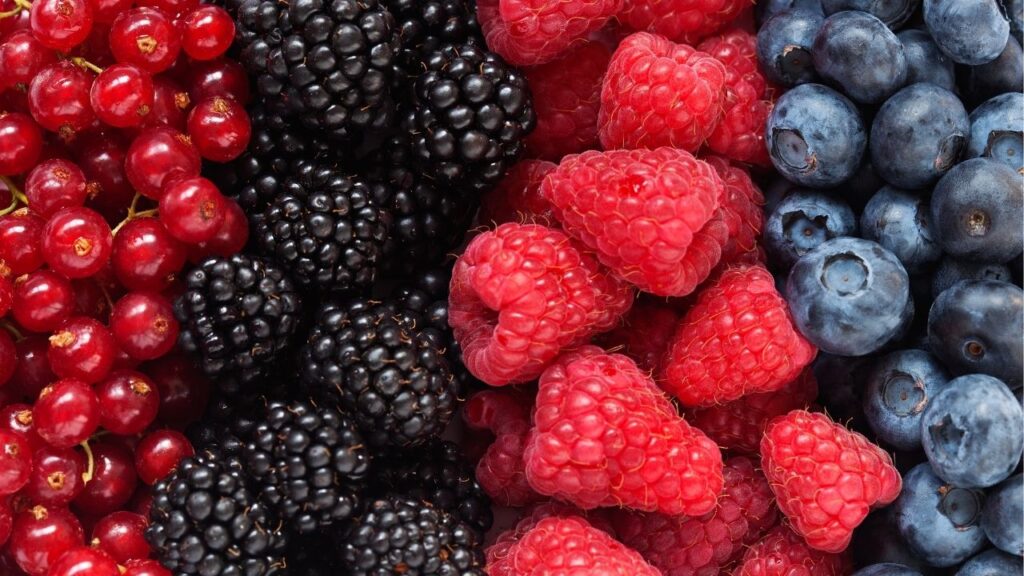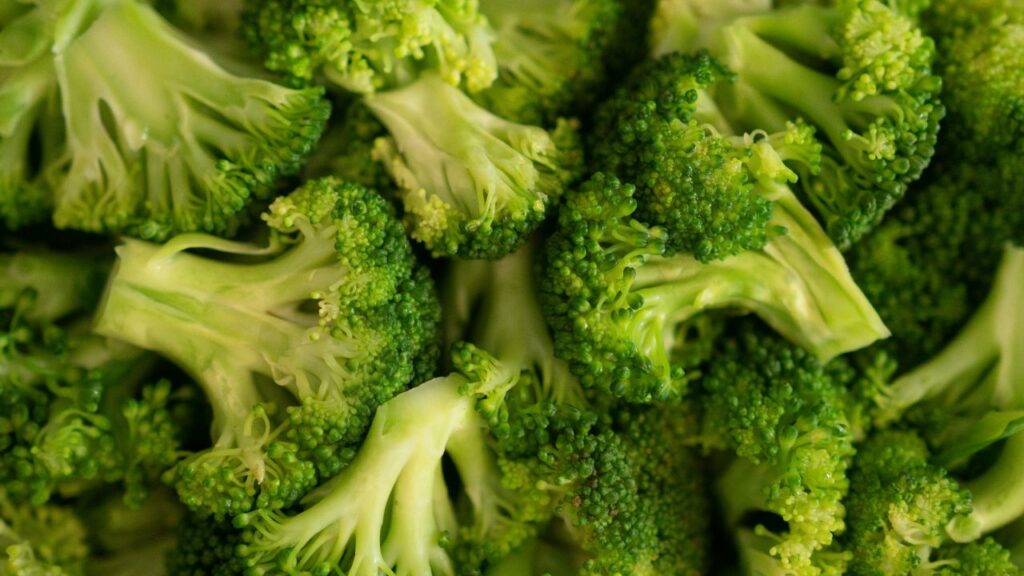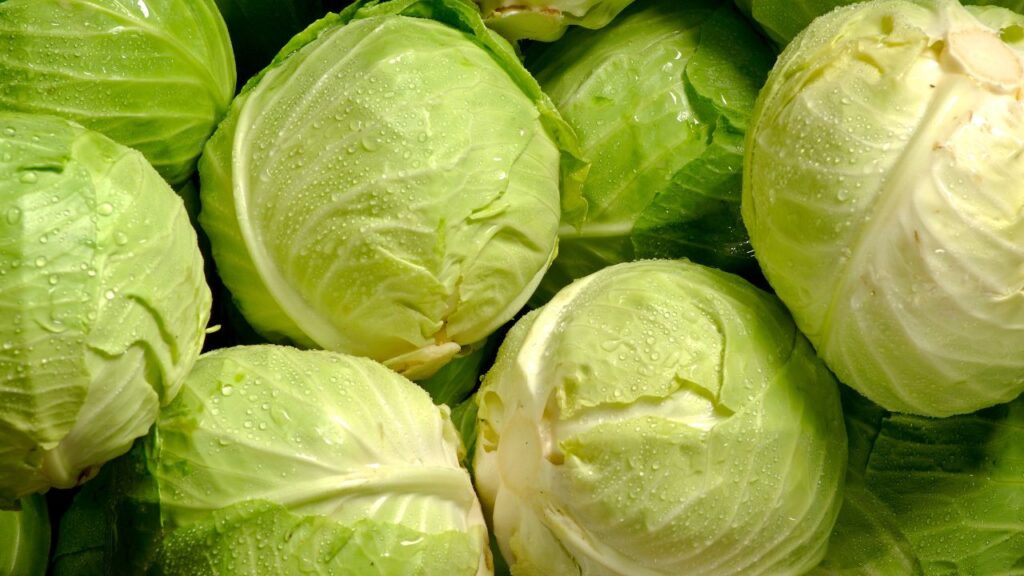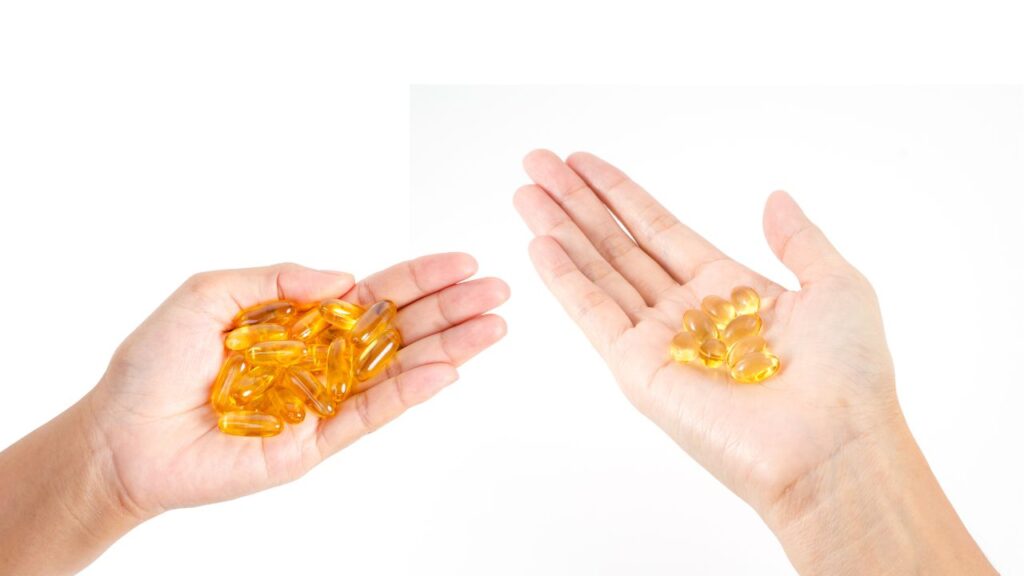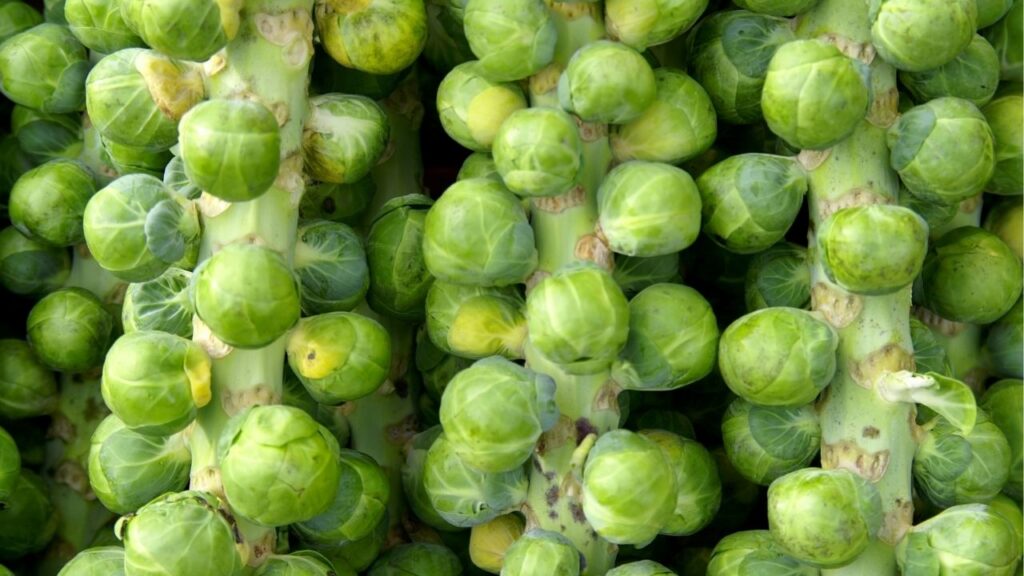Cauliflower is a superfood that’s low-calorie, readily available, and packed with some promising compounds that may help resist and fight cancer as well as improve the therapeutic outcomes of chemotherapy.
Key Takeaways
- Cooked cauliflower is good for dogs, but raw, fresh cauliflower is even better.
- Dogs can eat cauliflower heads.
- There is nothing to worry about if your dog eats cauliflower.
Can Dogs Eat Cauliflower?
Superfoods are an important component to your dog’s treatment plan because they can help give the extra boost your dog needs to fight cancer.1 It may surprise you to learn that many “superfoods” are readily available vegetables.
Those from the Brassicaceae family are especially well-known and hard-hitting because they have a number of bioactive phytochemicals that help to both prevent and treat cancer.2,3
Cauliflower is one species of Brassica known to have health promoting vitamins, carotenoids, fiber, soluble sugars, minerals, glucosinolates, and phenolic compounds that have anti-cancer properties.3
It comes in a wide variety of shapes and colors, including purple, orange, green, and white.4 It’s extremely common, and important to the agricultural industry. Cauliflower is readily available from grocery stores, farmers markets, and online food services.
Benefits of Cauliflower for Dogs
Cauliflower and its role in fighting cancer is better studied in humans than any other organism, but even then, hard evidence of its effectiveness is lacking.6 To date, there have not been any studies on the clinical benefits of cauliflower in dogs.
The basic components found in cauliflower provide insight on how it may help with canine cancer.
Crambene and indole 3-carbinoleare two compounds that activate enzymes that detoxify carcinogens so they don’t have a chance to damage any cells or the DNA inside of them. They also induce the death of cancer cells.
Glucosinolates (GSLs) are used by plants to defend against stressors they experience in their natural environment.7 When ingested, they break down into compounds that may help prevent cancer cells from forming.
Chemical changes in glucosinolates result in three types of isothiocyanates (ITCs) – benzyl isothiocyanate, phenethyl isothiocyanate, and sulforaphane. The efficacy of these three ITCs in fighting cancer has been widely studied across several cell types. Results have found that they inhibit cell growth and make drug resistant cancer cells more sensitive, making them a great adjunct to chemotherapy.7
One study that investigated the effects of sulforaphane on canine osteosarcoma cells found that it significantly reduced cancer cell invasion. However, the sulforaphane didn’t induce cell death.8
When to Not Use
Cauliflower is generally very safe, but you should always talk to your veterinarian before adding any supplement or food to your dog’s diet to ensure that it’s safe for them and will benefit their cancer journey.
Can Dogs Eat Raw Cauliflower?
Giving fresh raw cauliflower to your dog will give them the greatest benefits.
It is best to cut cauliflower before you give it to your dog. This not only reduces the risk of choking, but also helps to release all the helpful ingredients found inside the vegetable itself.4,9
Cooking cauliflower will substantially lower the activity levels of ITCs.7 The good news is that you do have some control over this, as both the cooking method and temperature have an impact on how much of the “good stuff” is retained.
For example, boiling and blanching cauliflower in water may cause significant loss of dry matter, protein, and minerals as well as phytochemical contents. Alternatively, steam blanching and cooking or microwaving does not cause quite as much loss.3
Whether you choose to give your dog cauliflower raw or cooked, making a blended purée is also an option, especially if your dog is a bit of a picky eater. This allows you to mix the cauliflower into your dog’s food, may improve texture, reduces choking risk, and helps to release cellular contents to ensure that your dog is getting as much of the cancer fighting components as possible.
If not used as part of a regular component of your dog’s diet, cauliflower also makes a great treat because it is low in calories.9 You may want to consider using it in place of commercially manufactured dog treats.
You can give up to three ounces of cauliflower a day for a 50-pound dog.1 Keep in mind that any new food can cause digestive upset, and cauliflower and other cruciferous veggies can cause gas in some dogs. It’s a good idea to start slow with small amounts if your dog isn’t used to cauliflower.
Where to Get Cauliflower
Fresh cauliflower is best, but you can grab it frozen if that’s easier.1
If buying fresh and uncut, look for large, compact heads without any spots, dull colors, or small flowers.4 You can refrigerate a cauliflower head for up to one week in a paper or plastic bag.4
Note that cauliflower and broccoli are from the same family and very similar.4 If you’re unable to find or acquire cauliflower, broccoli is an excellent alternative.
If you want to take matters into your own hands, you can grow your own! Cauliflower is a cool season vegetable that prefers lots of sun and a well-drained, rich, fertile soil without exposure to extreme temperatures.4
There are also cauliflower dietary supplement pills and capsules on the commercial market for humans. These may be applicable to dogs, but you should consult with your veterinarian first.10
Topics
Did You Find This Helpful? Share It with Your Pack!
Use the buttons to share what you learned on social media, download a PDF, print this out, or email it to your veterinarian.
